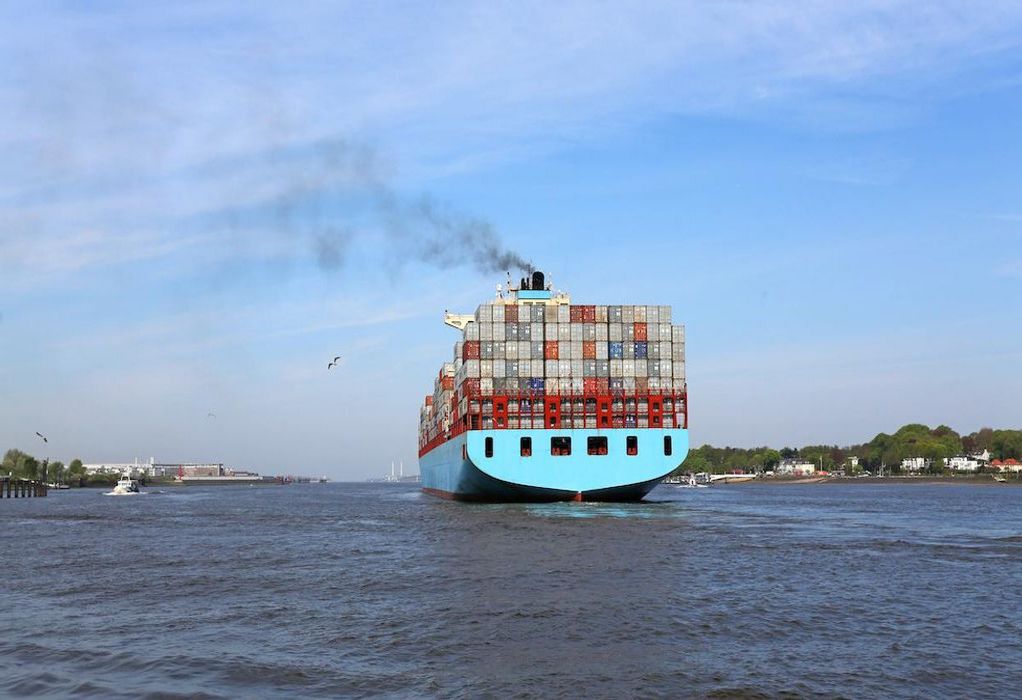Amazon, Ikea, Patagonia, REI and Target are among 19 global brands committed to using ships powered with zero-carbon fuels when transporting goods from oversea factories by 2040. The signatories to the Cargo Owners for Zero Emission Vessels pledge recognize that it will take extensive collaboration among carriers, ports, cargo owners and others to decarbonize the ocean transport sector. Eliminating carbon emissions from ocean shipping is one of many ways retailers are responding to climate change.
Transporting goods by ship is already 40 to 70 times cleaner than shipping goods by air and significantly less expensive. Retailers are reducing their carbon footprints and saving money by shifting shipments away from air carriers to ocean carriers. They can further reduce their footprints by partnering with ocean carrier companies that are reducing their own emissions.
Maersk, the world’s largest container shipping and logistics services company, has committed to being climate-neutral by 2040. It is making significant investments in new technologies and partnering with retailers and others.
Decarbonizing the ocean shipping industry is an enormous task. To clarify the scale of the challenge, Kindberg explained that a traditionally fueled container ship, which can be as long as three or four football fields, sailing round-trip from Shanghai to Rotterdam burns about 7,000 tons of marine fuel and generates 22,000 tons of greenhouse gas emissions. A container ship might make that trip three or four times a year.
Operating approximately 700 vessels of various sizes, Maersk calculates that its Scope 1 emissions — emissions from its operations — were 36 million tons last year. About 93 percent of its Scope 1 emissions are fuel purchases. “It means that if you want to make a big impact, you’ve got to change the vessels and the fuels they use,” Kindberg said.
Maersk is already partnering with some of its customers, including retailers, to integrate biofuels into the fuel mix. Its ECO Delivery program splits the additional cost of biodiesel fuels, made from biobased waste streams, between Maersk and the customer. The customer purchases biodiesel quantities equivalent to the fuel needed to transport their containers and the fuel is integrated into the Maersk fuel supplies. Maersk then issues a carbon credit, verified by the International Sustainability and Carbon Certification program, to the customer to validate the customer’s carbon reduction activity. The entire process is audited by an outside firm.
Maersk, for example, ordered 13 vessels that will operate on methanol made from biomass gasification (bio-methanol) or methanol made with renewable electricity and captured carbon dioxide (e-methanol). It will take time to turn over the fleet to this or other new carbon-free propulsion technologies. The lifetime of an ocean vessel is 20 to 25 years, meaning that ships purchased 15 years ago can still have another 10 years of useful life.
In addition, the ocean carrier industry, ports and fueling infrastructure industries must all collaborate to successfully transition to a net-zero future. Zero-carbon fuels will not be available everywhere at the same time. Competitors within multiple industries will need to collaborate and prioritize the establishment of green shipping corridors so ocean carriers can make investment decisions based on which routes provide which fueling options. Change will not happen overnight.
Tags: Amazon, Carbon Emission, IKEA, Patagonia, REI



Recent Posts
Port of Brisbane Unveils Vision 2060 to Drive Smarter, Cleaner, and More Connected Future
Wärtsilä to Deliver Hybrid Propulsion Systems for Vertom Group’s New Low-Emission Vessels
Latvian port receives electric Konecranes Gottwald Mobile Harbor Crane
Sustainable Ocean Economy Vital for Human Development, Says UNDP at UN Ocean Conference
Green Hydrogen Costs in India Could Drop by 40%, Says IEEFA-JMK Report
Cavotec Secures €1.55 Million Shore Power Contract for Port of Antwerp-Bruges
APM Terminals and SANY Marine sign landmark agreement to accelerate decarbonisation
The Port of Gothenburg takes big step towards shore power connection for container and car/RoRo vessels